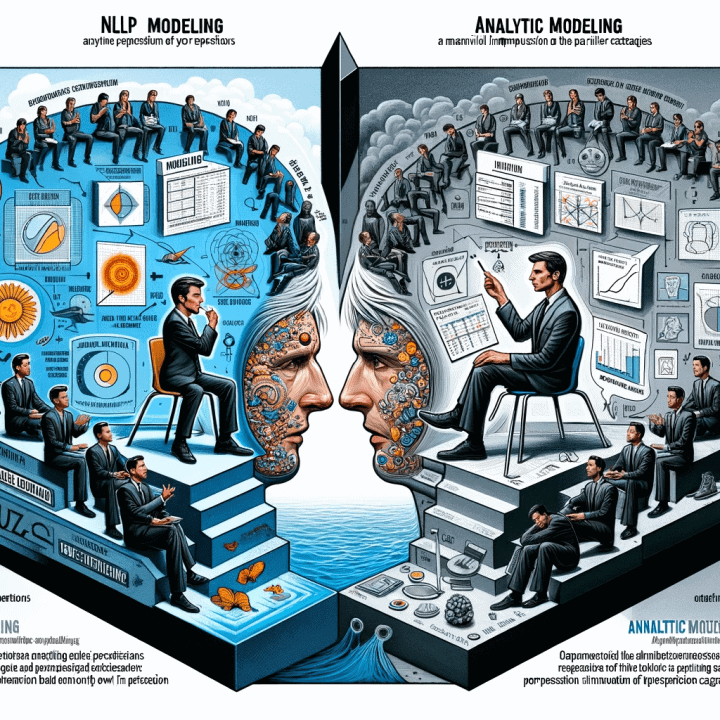nlp-case-study
Subscribe Now!
Stay Up-to-Date with Our Latest Courses and Special Offers
Stay in the loop with new course releases and opportunities by completing our form. Never miss out!
Stay in the loop with new course releases and opportunities by completing our form. Never miss out!








